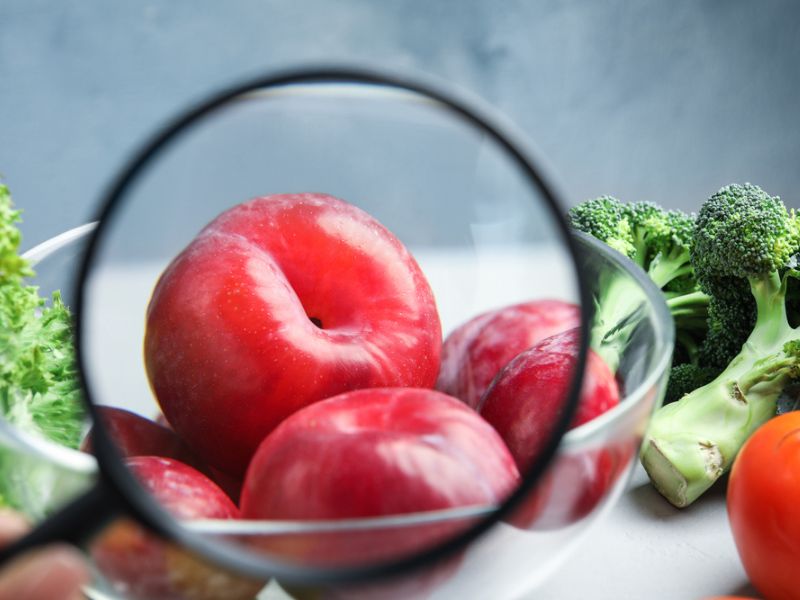According to the official website of the Food and Drug Administration (FDA), multiple frozen fruit products have been recalled by Sunrise Growers. The company took voluntary action to recall these products, which had been distributed to various retail stores across the United States starting in the fall of 2022. The affected stores include Walmart, Whole Foods, Trader Joe’s, Target, Aldi, and AWG stores.

Image Credit: Shutterstock/New Africa
The FDA has identified a listeria contamination associated with pineapple from a third-party supplier. However, it’s important to note that the contamination extends beyond pineapple. Fruit blends and individually packaged fruits such as strawberries and blackberries are also potentially affected. To determine which foods should be discarded, please refer to the specific codes provided on the FDA’s website.
Listeria: What Are They?
Listeria, or Listeria monocytogenes, is a harmful bacterium that causes listeriosis when consumed through contaminated food. Unlike most foodborne illnesses, listeria can grow even under refrigeration, making it a significant concern. Apart from frozen fruit, other previously affected products include hot dogs, deli meats, raw fruits and vegetables, unpasteurized milk, and soft cheeses.

Image Credit: Shutterstock/New Africa
Symptoms And Treatment Of Listeria Infection
Mild symptoms of listeriosis include fever, muscle aches, diarrhea, and vomiting. In such cases, home treatment with rest and fluids is usually sufficient to manage the condition. However, specific symptoms require medical attention, such as a fever over 102°F, bloody or mucus-filled diarrhea, severe abdominal cramps, weakness, confusion, or symptoms that persist beyond 48 hours. Severe forms of listeriosis may also cause a stiff neck, headache, and convulsions. If necessary, a healthcare professional can evaluate the need for additional treatment, such as antibiotics.